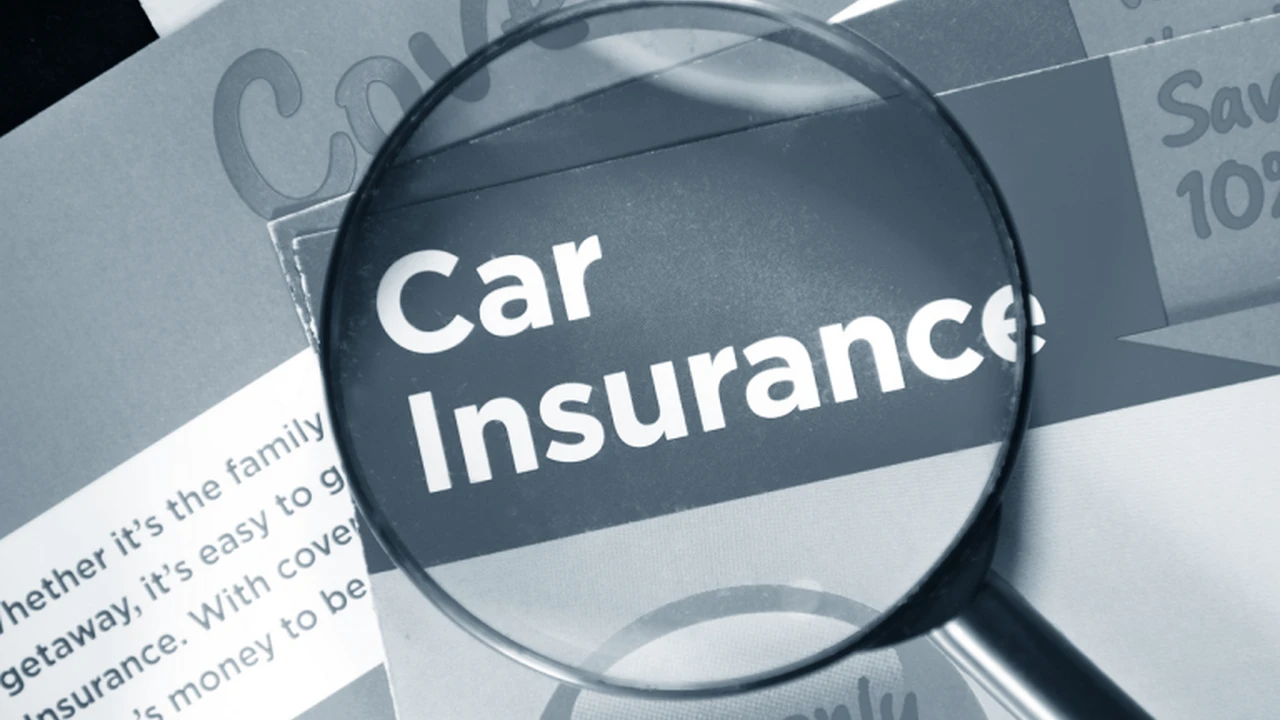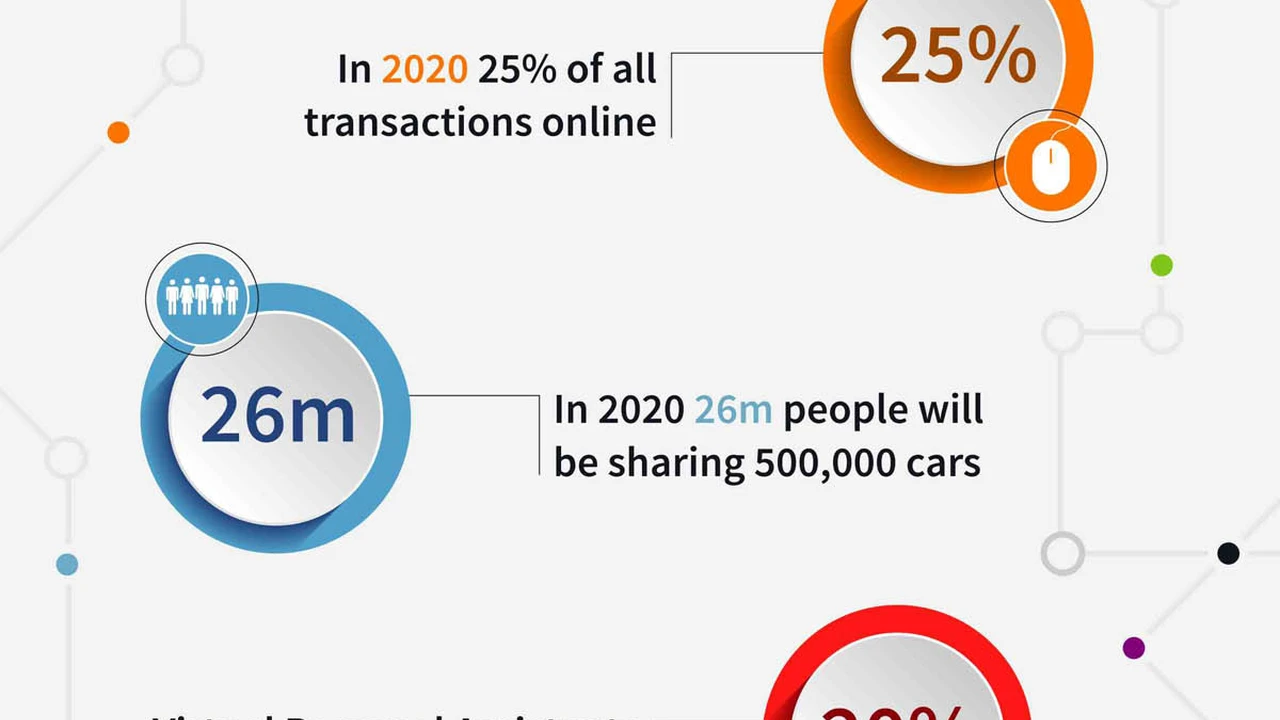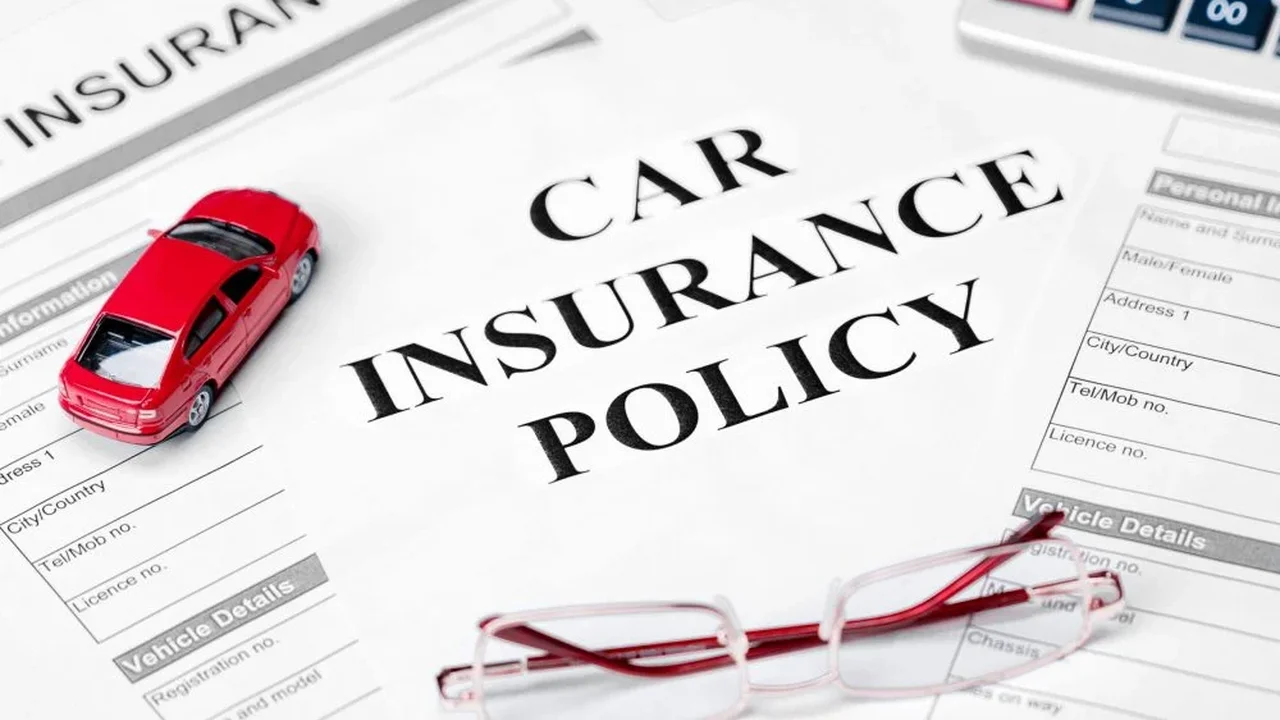Choosing the Right Car: Impact on Insurance Costs

Understanding How Car Choice Affects Insurance Premiums
So, you're thinking about getting a new car? Awesome! But before you get swept away by that shiny paint job or the latest tech, let's talk about something less exciting but super important: car insurance. Yep, the car you choose has a HUGE impact on how much you'll pay each month. Think of it like this: insurers are assessing risk. A car that's statistically more likely to be stolen, involved in an accident, or expensive to repair will cost more to insure. Let's dive into why.
Factors Influencing Insurance Rates Based on Car Model
Okay, so what makes one car more expensive to insure than another? Several things actually:
- Safety Ratings: Cars with high safety ratings (think lots of airbags, advanced driver-assistance systems like automatic emergency braking, and good crash test scores) usually get lower insurance rates. Insurers like that you're less likely to get seriously injured in an accident.
- Repair Costs: Some cars are just plain expensive to fix. Parts might be rare or require specialized labor. The more expensive the repairs, the higher your insurance will be.
- Theft Rates: Certain car models are popular targets for thieves. If your dream car is high on the "most stolen" list, expect to pay more for coverage.
- Engine Size & Horsepower: Generally, the faster the car, the higher the insurance. Sports cars and high-performance vehicles are pricier to insure because they're associated with riskier driving behavior (even if you're a super cautious driver!).
- Vehicle Age: Older cars can sometimes be cheaper to insure, but not always. It depends on factors like availability of parts and the car's overall condition. A very old, poorly maintained car could actually be *more* expensive to insure.
- Body Type: SUVs and trucks can sometimes be cheaper to insure than sports cars, even though they're often larger. This is because they're generally seen as safer and less likely to be involved in high-speed accidents. Minivans are often among the cheapest vehicles to insure due to their association with families and responsible driving.
Specific Car Recommendations for Lower Insurance Rates
Alright, let's get down to brass tacks. You want a car that's cool *and* won't break the bank with insurance? Here are a few recommendations, keeping in mind that insurance rates vary based on your driving record, location, and coverage choices. These are just starting points for your research!
Safe and Affordable Sedans
Sedans are generally a good bet for lower insurance rates. They tend to be safer than smaller cars, more fuel-efficient than SUVs, and less likely to be stolen than sports cars.
Subaru Impreza
Why it's great: The Impreza comes standard with all-wheel drive, which is fantastic for handling in all kinds of weather. It also has excellent safety ratings and a reputation for reliability. Plus, Subarus tend to hold their value well.
Use Case: Perfect for daily commutes, families who need a reliable car in all weather conditions, and anyone who values safety.
Comparison: Compared to a Honda Civic, the Impreza offers all-wheel drive standard, while the Civic has a slightly better fuel economy. Compared to a Toyota Corolla, the Impreza generally has a lower starting price.
Price: Starting around $20,000.
Honda Civic
Why it's great: The Civic is a perennial favorite for a reason. It's reliable, fuel-efficient, and has a surprisingly sporty feel. It also boasts excellent safety ratings and a comfortable interior.
Use Case: Ideal for commuting, running errands, and road trips. A great all-around car for individuals and small families.
Comparison: Compared to a Mazda3, the Civic offers a more spacious interior. Compared to a Hyundai Elantra, the Civic has a better resale value.
Price: Starting around $23,000.
Toyota Corolla
Why it's great: The Corolla is synonymous with reliability. It's a no-frills, dependable car that's known for its longevity. It's also very fuel-efficient and comes with a suite of standard safety features.
Use Case: A great choice for anyone looking for a reliable and affordable car for daily transportation. Perfect for students and those on a tight budget.
Comparison: Compared to a Nissan Sentra, the Corolla has a stronger reputation for reliability. Compared to a Kia Forte, the Corolla holds its value better.
Price: Starting around $22,000.
Safe and Affordable SUVs
If you need more space or want the higher driving position of an SUV, there are still some affordable options that won't break the bank insurance-wise.
Hyundai Kona
Why it's great: The Kona is a subcompact SUV that's surprisingly fun to drive. It has a stylish design, a comfortable interior, and is packed with technology. It also gets great gas mileage.
Use Case: Perfect for city dwellers who need a small SUV for navigating tight streets and parking spaces. Also a good choice for individuals and small families who want a fuel-efficient and stylish vehicle.
Comparison: Compared to a Mazda CX-3, the Kona offers more cargo space. Compared to a Nissan Kicks, the Kona has a more powerful engine option.
Price: Starting around $22,000.
Mazda CX-5
Why it's great: The CX-5 is known for its sporty handling and upscale interior. It's a great choice for drivers who enjoy driving and want a more premium feel without the premium price tag.
Use Case: Ideal for families who need a comfortable and stylish SUV for daily commutes and weekend adventures. Also a good choice for drivers who appreciate a more engaging driving experience.
Comparison: Compared to a Honda CR-V, the CX-5 has a more sporty feel. Compared to a Toyota RAV4, the CX-5 has a more upscale interior.
Price: Starting around $27,000.
Kia Sportage
Why it's great: The Sportage offers a lot of value for the money. It has a spacious interior, a long list of standard features, and a comfortable ride. It also comes with a long warranty.
Use Case: A great choice for families who need a practical and affordable SUV for daily life. Also a good option for drivers who want a long warranty for peace of mind.
Comparison: Compared to a Ford Escape, the Sportage has a longer warranty. Compared to a Chevrolet Equinox, the Sportage offers more standard features.
Price: Starting around $26,000.
The Impact of Safety Features on Insurance Cost Reduction
Seriously, pay attention to safety features! They can significantly lower your insurance premiums. Think about it: features like automatic emergency braking, lane departure warning, and blind-spot monitoring can help prevent accidents, which means fewer claims for the insurance company.
Comparing Different Car Models and Their Insurance Rates
Don't just take my word for it. Get quotes for a few different car models you're considering *before* you buy. Insurance rates can vary wildly, even between similar vehicles. Use online comparison tools to get a general idea, but always get personalized quotes from insurers for the most accurate information.
The Role of Car Color and its Influence on Insurance Premiums
This is a bit of a myth! While some people believe red cars are more expensive to insure, car color generally doesn't affect your insurance rates. Insurers are more concerned with the factors mentioned above: safety ratings, repair costs, theft rates, and the driver's history.
Tips on How to Lower Car Insurance Costs After Buying a Specific Car
Okay, so you've already bought your car. Don't despair! There are still ways to lower your insurance costs:
- Increase your deductible: A higher deductible means you'll pay more out-of-pocket if you have an accident, but it will lower your monthly premiums.
- Shop around for insurance: Don't just stick with the first quote you get. Compare rates from multiple insurers to find the best deal.
- Bundle your insurance: If you have other insurance policies (like home or renters insurance), bundling them with your car insurance can often get you a discount.
- Maintain a good driving record: Avoid accidents and traffic tickets. A clean driving record is the best way to keep your insurance rates low.
- Take a defensive driving course: Some insurers offer discounts for drivers who complete a defensive driving course.
- Inquire about discounts: Ask your insurer about any potential discounts you might be eligible for, such as discounts for students, military personnel, or members of certain organizations.
Long-Term Cost of Ownership Considering Insurance
Remember, the purchase price of a car is just the beginning. Factor in insurance costs, fuel costs, maintenance costs, and depreciation when calculating the *true* cost of ownership. Choosing a car with lower insurance rates can save you a significant amount of money over the long term.
:max_bytes(150000):strip_icc()/277019-baked-pork-chops-with-cream-of-mushroom-soup-DDMFS-beauty-4x3-BG-7505-5762b731cf30447d9cbbbbbf387beafa.jpg)






